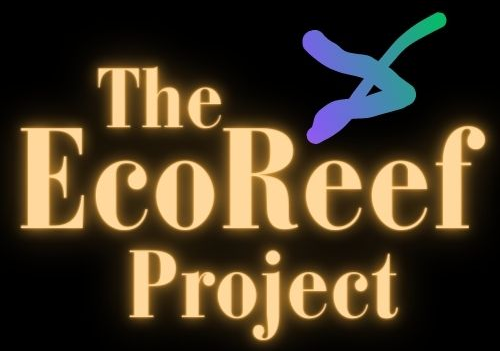Introduction
EcoReefs are a type of artificial reef. They provide an environment of high structural diversity, which is effective at recruiting and sustaining fish populations. The construction of an EcoReef is to make them interact with the environment to readapt it to become sustainable and protected so all in the reef is protected and safe including in Shallow Waters
When EcoReefs are installed in a seagrass environment, they foster fish populations, cause changes in seagrass length and protect roostructures.
For instance, an installation of EcoReef modules in a seagrass environment at Coco Cay in the Berry Island chain in the Bahamas showed promising results. Fish populations grew rapidly in numbers due to the modules.
EcoReefs in Rice Fields
While there is no direct research available on the use of EcoReefs in rice fields, the benefits of similar structures in similar environments suggest potential advantages. For instance, Sacramento Valley rice fields have shown promise in helping another part of our environment – salmon.
Given the success of EcoReefs in shallow waters and the proven benefits of similar structures in rice fields, it’s plausible that EcoReefs could be beneficial in these environments as well. They could potentially provide safe havens for aquatic life, allowing roots to take hold and continue the cycle. While natural vegetation regenerates, EcoReefs can protect and nurture.
Long-Term Capabilities of EcoReefs
EcoReefs have the potential to provide long-term benefits to both shallow waters and rice fields. Here are some of the long-term capabilities of EcoReefs:
- Biodiversity Enhancement: EcoReefs can enhance biodiversity by providing a habitat for various species. Over time, this can lead to an increase in the number of species present in the area, contributing to a healthier and more balanced ecosystem.
- Erosion Control: EcoReefs can help control erosion by stabilizing the seabed or the soil in rice fields. This can prevent the loss of valuable land and protect the surrounding environment.
- Climate Change Mitigation: By fostering the growth of vegetation, EcoReefs can contribute to climate change mitigation. Plants absorb carbon dioxide, a major greenhouse gas, helping to reduce its levels in the atmosphere.
- Economic Benefits: EcoReefs can also provide economic benefits. In shallow waters, they can contribute to the recovery of fish populations, supporting local fisheries. In rice fields, they could potentially improve water quality and soil health, leading to higher crop yields.
Conclusion
EcoReefs offer a sustainable solution for enhancing biodiversity in both shallow waters and rice fields. Their modular design and the ability to foster fish populations make them a promising tool for environmental conservation. Their potential long-term capabilities, from biodiversity enhancement to climate change mitigation, make them a valuable asset for our future. Further research and experimentation are needed to fully understand the potential benefits of EcoReefs in rice fields and similar environments.
Do you think you can help – Please get in touch with us or just leave a comment so we can respond
#EcoReefs, #Biodiversity, #ShallowWaters, #RiceFields, #EnvironmentalConservation, #ClimateChangeMitigation, #SustainableSolutions
Shark Nets Vs Powerful Voice Miss Earth 2024 Jessica Lane
Advocacy for Shark Net RemovalFirstly – Go Jessica Lane, who has been crowned Miss Earth 2024 & she is standing up for a cause that matters. Jessica Lane’s AdvocacyJessica Lane,…
Powerful Me Makes Dramatic Environment Decision Making That Changes No.1 Me
How and Why You Directly Affect Your EnvironmentHave you ever thought about your everyday actions and their ripple effects on the environment around you? Each one of us, no matter…










Muchas gracias. ?Como puedo iniciar sesion?